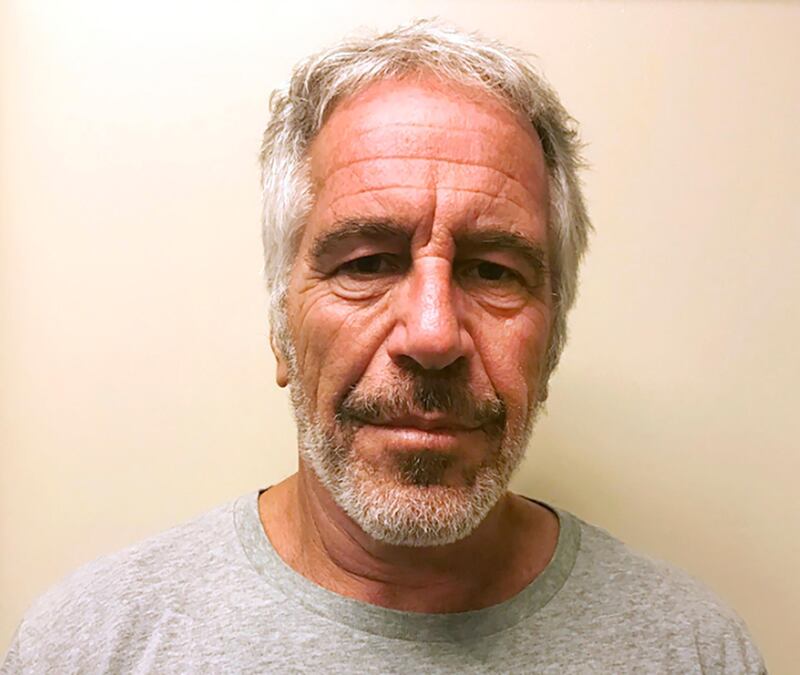The coroner who ruled Jeffrey Epstein committed suicide has rejected suggestions by a forensic pathologist hired by the deceased's family that some of the evidence indicates murder.
Chief medical examiner Dr Barbara Sampson said she stood firmly behind her findings in the August postmortem report, which ruled Epstein hanged himself.
The report temporarily quelled much of the speculation surrounding the financier's death.
But conspiracy theories about Epstein's death were reignited after Dr Michael Baden, who was at the postmortem examination, spoke about it on Wednesday on the TV programme Fox & Friends.
Dr Baden's comments suggest the millionaire's family might contest the results in future legal proceedings.
Epstein was found dead on August 10 in his cell at the Metropolitan Correctional Centre.
He had been held there since his July arrest on sex-trafficking charges.
Dr Baden said that injuries found on Epstein's body, including fractures to his larynx and hyoid bone in his neck, were "extremely unusual in suicidal hangings" and more consistent with homicidal strangulation.
"There's evidence here of homicide that should be investigated, to see if it is or isn't homicide," he said.
Dr Baden, who was New York City's chief medical examiner in the late 1970s, said he had not seen the type of neck bone injuries Epstein suffered in a suicide in 50 years of death investigations.
But he cautioned that his observations were not conclusive.
Dr Sampson quickly responded: "I stand firmly behind our determination of the cause and manner of death for Mr Epstein. The cause is hanging, the manner is suicide."
Other experts have said injuries to the hyoid do occur in suicidal hangings, and while not common are more likely to happen in those involving older people. Epstein was 66.
Dr Sampson said no conclusions should be drawn from one injury or piece of evidence.
"In forensics, it's a general principle that all information from all aspects of an investigation must be considered together," she said.
"Everything must be consistent and nothing can be inconsistent, and no one finding can be taken in isolation.
"You can't draw a conclusion from one finding. Everything about the case has to be considered."
Dr Baden said he went on Fox to discuss the matter because Epstein's brother, Mark, is concerned with what he sees as a lack of progress in the death investigation.
US Attorney General William Barr has promised a thorough investigation into the death, although that inquiry has focused on the conduct of guards who were supposed to have been watching the prisoner the night he died.
Mr Barr has criticised the jail for "serious irregularities."
"He's frustrated that after the medical examiner called it a suicide. That ended the investigation," Dr Baden said.
Prison guards on Epstein's unit failed to check on him every half hour, as required, and are suspected of falsifying log entries to show they had, sources say.
Epstein was charged with sexually abusing underage girls over several years, which came years after he served an 18-month sentence in Florida for prostitution involving a minor.







